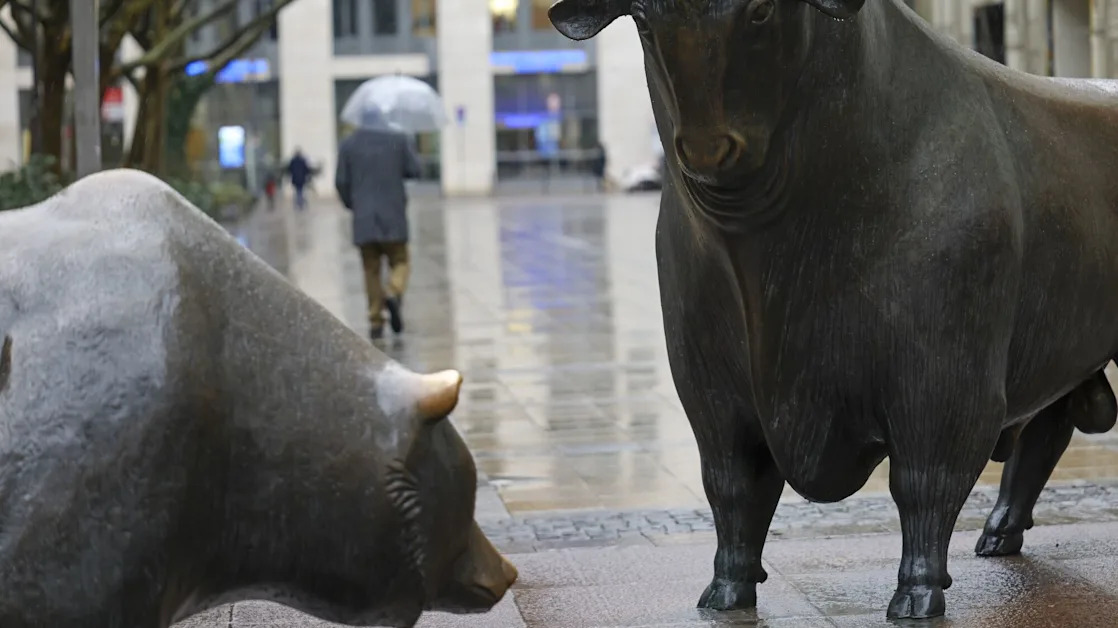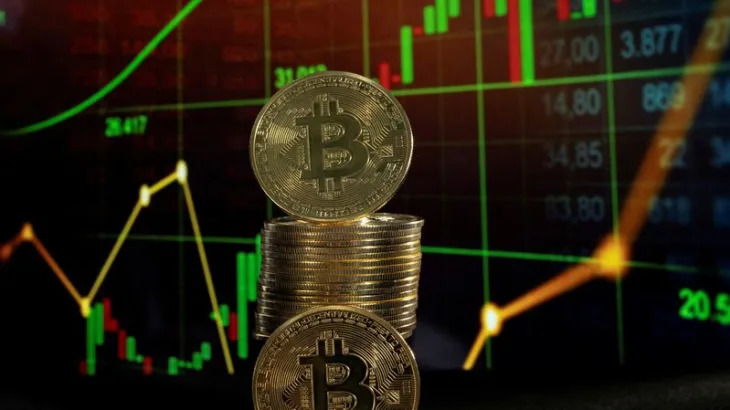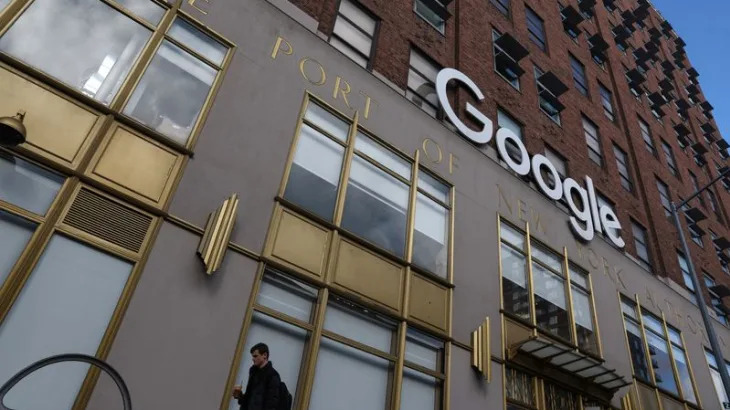Sorry, servers. The presidential candidates obviously want your vote, but don’t expect them to deliver on what is a dubious, if trendy, campaign promise.
Republican presidential nominee Donald Trump got the idea to exempt tips from income tax after a “ very smart waitress ” in Nevada supposedly complained to him about the taxes she had to pay on tips. “ No tax on tips ” now ranks No. 6 on Trump’s list of policy priorities.
Democratic presidential nominee Kamala Harris positions herself as the anti-Trump — except when it comes to tips. She recently echoed Trump’s call to eliminate taxes on tips while also in Nevada.
Hmm, what is it about Nevada?
Oh, right. Nevada happens to be one of seven swing states up for grabs in this year’s election, and it employs more than 350,000 hospitality workers in Las Vegas and Reno, many of them dependent on tips for much of their income. Joe Biden won Nevada in 2020 by less than 34,000 votes . So poaching just 10% of the state’s hospitality vote could bring Trump six badly needed electoral votes. That very smart waitress might have been moonlighting as a Trump campaign consultant.
Could it happen? Could the next president eliminate taxes on tips? Don’t bet your paycheck on it. Congress would have to pass legislation authorizing such a move, which would forfeit a lot of government revenue and create vast new opportunities for millions of Americans to game the tax system already lacerated with loopholes.
“It’s really hard to draft a sensible tax rule to exempt tips,” Steve Rosenthal, a senior fellow at the Tax Policy Center, told Yahoo Finance recently . “How do you separate tips from wages? Do we really want more employees requesting tips rather than wages, like our grocery tellers, our plumbers? I think this idea has a lot of problems.”
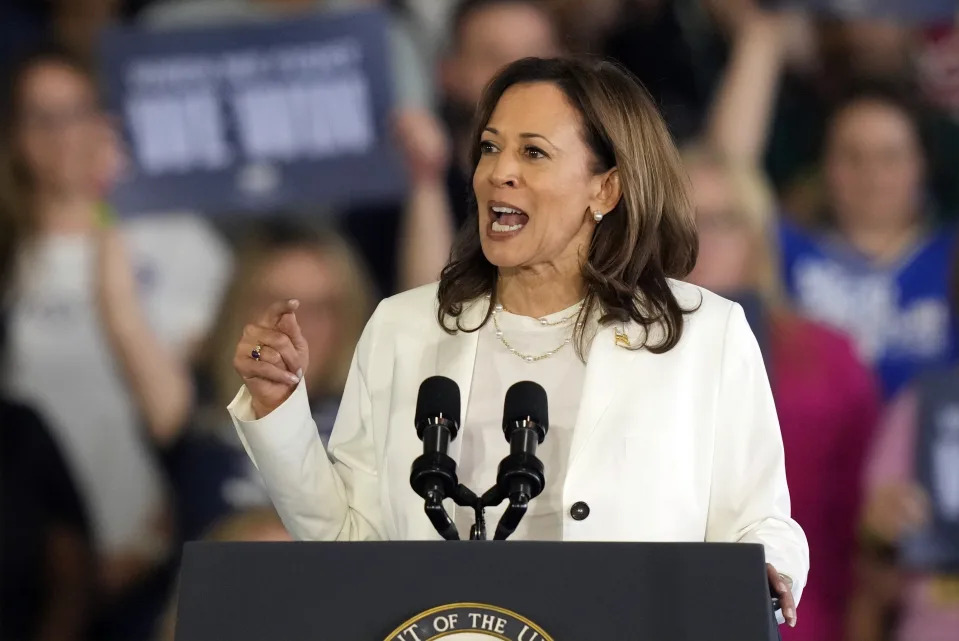
Here’s an extreme example of how far awry this idea could go. After Trump raised his idea of exempting tip income at the Republican convention in July, two GOP senators introduced the “No Tax on Tips Act.” An analysis of that bill by the left-leaning Center for American Progress found that such a law might allow hedge fund managers and others with 9- or 10-digit incomes to restructure their pay as tips, slashing their tax bills. That analysis also pointed out that most low-paid Americans don’t earn tips and wouldn’t benefit at all from an exemption on tip income.
Drop Rick Newman a note , follow him on X , or sign up for his newsletter .
Even if you could structure such a bill to prevent wealthy tax dodgers from cashing in, it would favor one group of taxpayers at the expense of others. Eliminating the federal tax on tips would reduce federal revenue by as much as $25 billion per year , according to the Committee for a Responsible Federal Budget. That’s not a ton, but it would come at a time when pressure is intensifying to generate more federal revenue, not less, as Medicare and Social Security come closer to running short of money and financial markets are beginning to signal that Washington is issuing too much debt.
That’s the cost to the government without accounting for everybody who would try to get paid in tips rather than wages if it would save them some money. Tax dodgers already bilk the government for some $60 billion per year in taxes they owe but don’t pay. That so-called “tax gap” would doubtless grow larger if Congress created another huge loophole.
There’s a rebel ethos to stiffing the man and beating the government on taxes, but the simple reality is that people who pay less than they owe are screwing the millions of honest Americans who play by the rules.
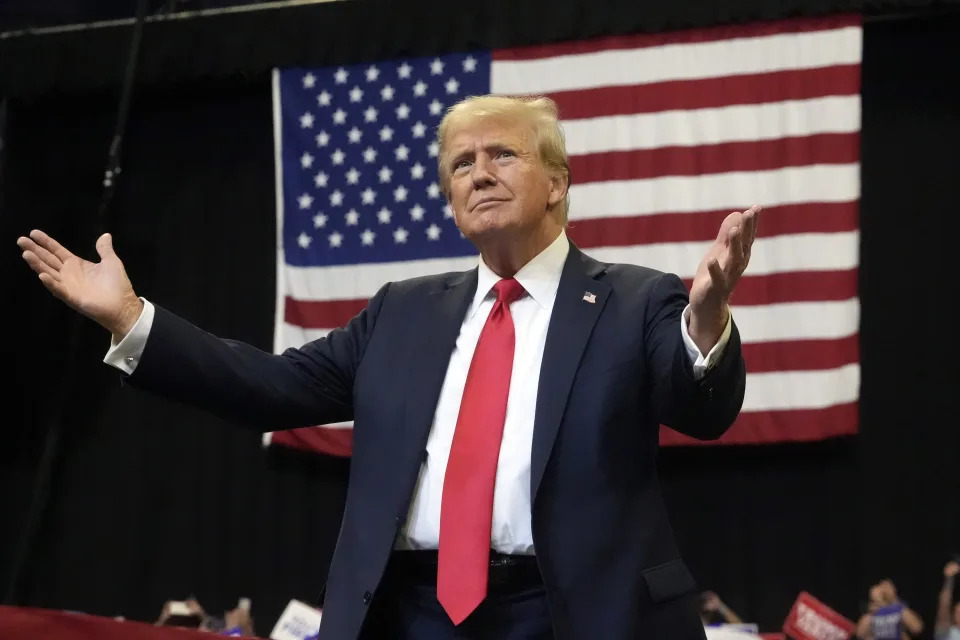
Besides, a lot of tip income already enjoys a de facto exemption from tax. The IRS estimates that half of all tip income goes untaxed , mainly because workers simply pocket the money without having to report it. That’s an old estimate that pegged the amount of untaxed tip income at $23 billion in 2006. If you adjust that amount for inflation and population growth, it would be around $42 billion today.
It’s true that fewer tips are paid in cash these days since more people pay for stuff with credit cards, smartphones, and various apps. So more tip income is trackable, which makes it easier to tax. Maybe that makes the Trump/Harris tip come-on more intriguing to service workers.
Still, it’s an amateur trick that a savvy audience shouldn’t fall for.
Rick Newman is a senior columnist for Yahoo Finance . Follow him on X at @rickjnewman .
.



